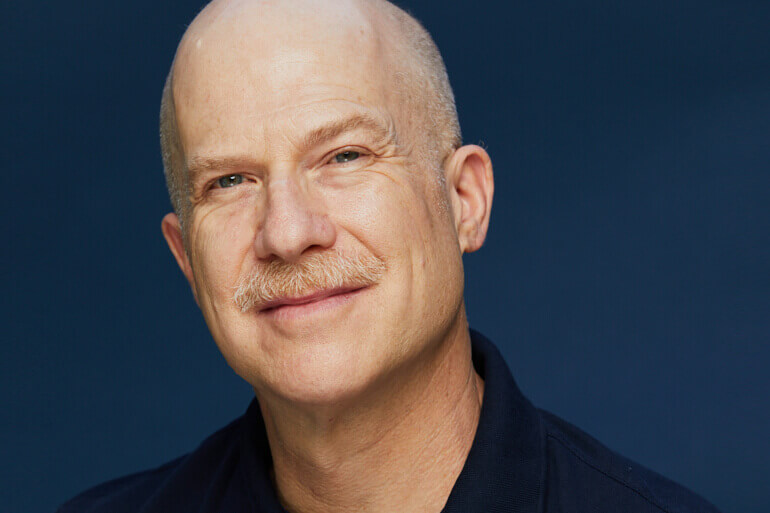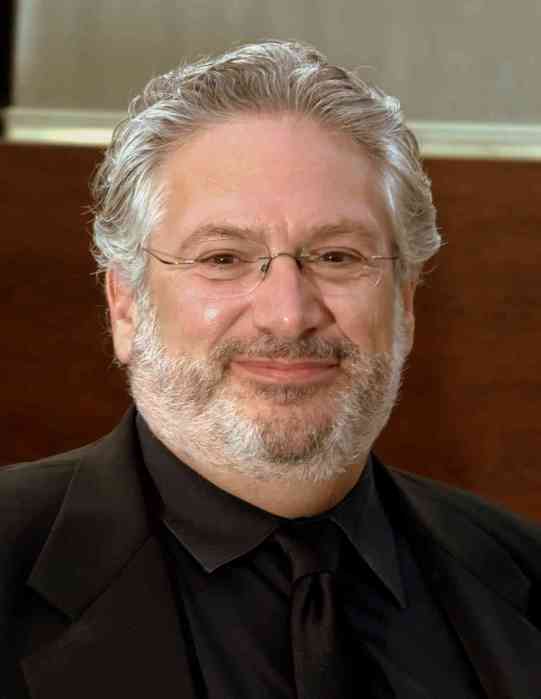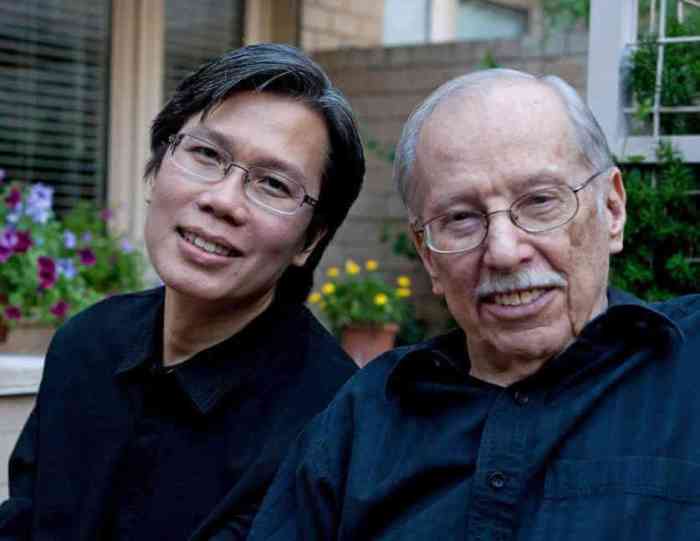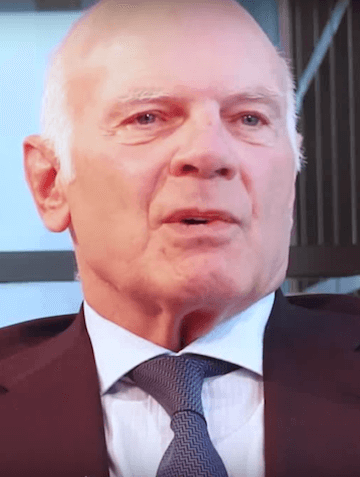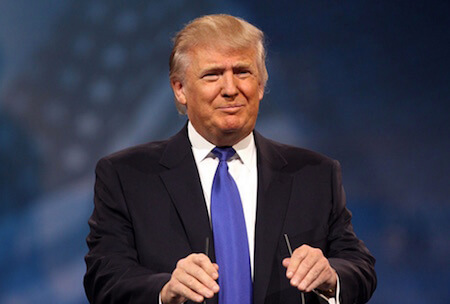When crossing the threshold into adulthood, many of us wish we had some sort of blueprint or roadmap helping us navigate life’s many dangers and inequalities, and that’s exactly what award-winning Broadway, television and film producer Richie Jackson has done for his elder son in his new book, “Gay Like Me: A Father Writes to His Son.” In the book, Jackson shares the raw, honest truth about his life as a gay Jewish man in America and gives a warning about the war being waged against the LGBTQ community in our seemingly accepting country. Jackson will discuss “Gay Like Me” with Hamptons International Film Festival co-founder and bestselling author Steven Gaines in a virtual conversation hosted by the Jewish Center of the Hamptons on Thursday, September 24 at 5 p.m.
The story of the book’s creation begins when Jackson’s son came out at the age of 15, to the delight of his fathers.
“I had hoped he’d be gay,” Jackson remarked. “But then he said, ‘Daddy, being gay is not a big deal. My generation doesn’t think it’s a big deal.’ And I got nervous that he didn’t understand what it meant to be a gay man. I didn’t want him to be one of those people who diminished it or demeaned it by saying, ‘Being gay doesn’t define me,’ or ‘I just happen to be gay,’ because if he did that, he would not take full advantage of the blessing it is, and he would break his own heart.”
Richie Jackson cautions elder offspring that being out is not yet “not a big deal”
This moment inspired Jackson to write down all the things he wanted to tell his son about their starkly different gay experiences, and the importance of not taking the history for granted. Jackson began his life as an out gay man at the start of AIDS epidemic, moving to New York City for college in 1983.
“My friends and I all came out as a political statement more than anything else,” he explained. “We came out to be counted, to force the government to confront AIDS.”
Despite feeling marginalized and invisible to policymakers and the general public, Jackson “always felt lucky to be gay,” adding, “I think it’s the best and most important part about me!”
As he continued to add history and advice to the growing letter to his son, Donald Trump and Mike Pence were elected to office, heralding a major shift in leadership that jeopardized landmark advancements in LGBTQ rights and protections made under the Obama administration.
“The two of them are more of an imminent threat to my gay son than ISIS and North Korea are,” Jackson said. “And that’s when I said, ‘I’ve got to warn him [and others] about what it takes to be a gay man in America.’”
The emboldened anti-LGBTQ movement didn’t begin on the day that election results were declared, however — Jackson traces that spark back to the monumental night when the White House was lit up in a rainbow of colors to celebrate the marriage equality ruling in 2015.
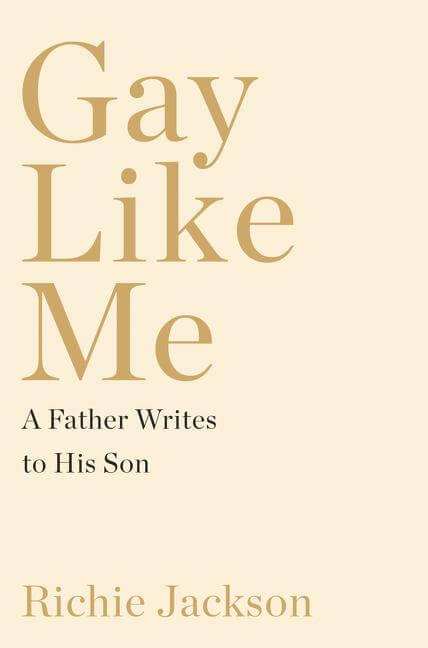
“It was mesmerizing, but our adversaries saw that too, and they believed that the White House belongs only to them. I believe that was the moment a swift, straightlash was ignited,” he explained. “We had marriage equality; we had trans people serving in the military; Don’t Ask, Don’t Tell was thrown out — all of these advancements we had under Obama. Everything my generation thought was a pipe dream started to become a reality, and everything that our adversaries thought was a nightmare was also becoming a reality. That’s why I think it’s going to be harder for my son to come out into the world as a gay man than when I did 36 years ago. They saw our liberation, and they’re trying to roll it back, take it all away and fight to not let us get it again.”
Jackson warns of a “veneer of acceptance” that leads many Americans to believe that the LGBTQ community has gained equality and is no longer neglected or under attack, which is factually untrue.
“You can go into a Gap and buy a pair of socks with rainbows on them, but that is masking a very real war that has been waged on the LGBTQ community,” he said, illuminating the fact that there are currently more than 100 anti-LGBTQ bills in state legislatures, as well as a new rule released by the Trump administration in June, seeking to allow health care providers to deny service to gay, lesbian, and transgender people in need of care.
Having shielded his son from the harsh reality of LGBTQ life in America up until recently, Jackson is now contextualizing events from his son’s life for the first time in “Gay Like Me.”
“When he was younger, he didn’t notice that I let go of my husband’s hand as we walked down a certain street that I didn’t think was safe enough. He didn’t notice I didn’t kiss him goodbye on the subway,” he explained. “He was too young to understand or realize that a couple of years after we married, a gay man was called a faggot and shot to death four blocks from our home. So we were legal, but we weren’t safe.”
Pushing back against the growing sentiment that gay men are nearly a non-minority at this point, enjoying most of the same privileges straight men do, Jackson calls to attention the mental and emotional toll that often goes unnoticed by outsiders.
“I don’t think our friends know the daily, exhaustive work it is to be LGBTQ — the keeping of the vision of your beautiful gayness, your pride, your potential, all the things that make being LGBTQ so special in one view, but then also, at the very same time, being constantly on alert of how America sees you, so that you keep yourself safe,” he said. “You have to keep those daily visions every single day, all day long, and you can’t let America’s view seep into your own view of your beautiful gayness. We’re in battle with our government; we’re stigmatized by our religions; we’re bullied in our childhoods — I think LGBTQ people are marvels for withstanding that, coming out and saying, ‘This is me! This is who I am!’”
To Jackson, the most rewarding aspect of writing “Gay Like Me,” is that his son will know his complete story.
“I’m at peace that I’ve told him everything I need to tell him and that he’ll know me — the good, the bad, the secret,” he said. “I didn’t edit or cut anything negative, because that would’ve made it dishonest, academic and useless to him.”
Written and published with his son’s blessing, “Gay Like Me“ serves as a guide for young gay people, parents of LGBTQ children, and straight allies to better understand that while America has come a long way toward true equality, there’s still so much work, great and small, that can be done every day to help LGBTQ people feel accepted, safe and blessed.
“It’s the book I needed when I was young; it’s the book that [my son] needs; it’s the book that my parents needed; and it’s the book that our straight friends need to help them understand us more,” Jackson said.
To register for the Jewish Center of the Hamptons’ virtual conversation with Richie Jackson and Steven Gaines on September 24, visit jcoh.org/gaylikeme.
GAY LIKE ME: A FATHER WRITES TO HIS SON | By Richie Jackson | HarperCollins | $19.99 | 176 pages
This article was first published in Gay City News’ sister publication Dan’s Papers. To sign up for the Gay City News email newsletter, visit gaycitynews.com/newsletter.

